India’s first investment bank focused solely on the electric mobility and sustainability secto
Bengaluru-based Vasudha Madhavan runs Ostara Advisors, India’s first investment bank focused solely on the electric mobility and sustainability sector.
Amid discourse around “sustainable energy” and “zero-emission mobility”, India has, in recent times, also begun focussing on an all-encompassing phrase called ‘net-zero emission targets’.
The country aims to achieve its net-zero target by 2050. Taking the lead, Mumbai has announced that it aims to become net-zero by 2040, a full decade ahead of the rest of the country.
One of the key sectors that will serve as a fulcrum to the battle against climate change is the Electric Vehicles (EV) sector.
While India’s EV sector is still nascent, the country’s commitment to the EV30@30 initiative — to reach a 30 per cent sales share for EVs by 2030 — presents not only an audacious target that will set us on the course towards our net Zero target, but also generate a cumulative investment opportunity of Rs 19.7 lakh crore ($US266 billion).
Sensing the scale of the opportunity in 2018, Vasudha Madhavan, an investment banker based out of Bangalore, founded Ostara Advisors, India’s ‘first’ investment bank focused solely on the electric mobility and sustainability sector.
Both Vasudha and Ostara fly against stereotypes and ‘conventional wisdom’ – with her being in an otherwise male-dominated profession, and Ostara being focused on a specific niche. Otherwise, most investment banks specialise in offering services across multiple sectors.
Their uniqueness can definitely add differentiated perspectives to our understanding.
In this exclusive interview with The Professional Times, Vasudha speaks about her own journey into this space, her motivations, and her views on the EV sector in India.
Begining
Before settling in Lucknow and enrolling in a school there, Vasudha lived the first six years of her life in Chennai, Punjab and Odisha. “I attended school in Lucknow from Class 1 until Class 10, after which my family moved to Bengaluru,” she says. This, she notes, helped her develop ‘people skills’ and gain exposure to various cultures.
Vasudha went to study at XLRI in Jamshedpur from 2001 to 2003.
“It was the first time I was leaving home and the experience I gathered there was life-changing.” Just after graduating from XLRI, she landed a job in ICICI Bank, and lived in Mumbai.
After three years in the structured finance vertical, she moved to Citibank’s Corporate and Investment Banking team. The foundations for her later career were formed there, she says.
In 2012, Vasudha made her way into the world of boutique investment banks that raise capital and offer services to private companies.

“It was during this time, when I was being introduced to various VCs, that I decided to work in boutique Iinvestment banking. This would allow me to work very keenly on a few sectors. she always knew that she wanted to become an entrepreneur.
Vasudha says
She finally found her business in investment banking.
My mother Sudha Madhavan, is an artist and children’s author. She encouraged both my younger sister and me to take on new challenges and disregard gender stereotypes. She has also provided me unconditional support in guiding my entrepreneurial journey,” she notes.
The Hard Yards
“The fundamental competency in my line of work involves being proficient in the field of corporate finance, and being both familiar and conversant in the sector you are dealing with,” she says.
In 2017-18, I was advising a company that was diversifying its mobility business. The company wanted to enter clean mobility, and this gave me a great opportunity to study electric two-wheelers.
She adds
It was during this transaction that Vasudha started actively thinking of the space and the energy consequences of EVs.
Working on what she says was India’s first EV two-wheeler acquisition transaction gave her experience and insights into the sector like nothing else.
At the same time, she was also struck by how little she knew about the various aspects of the business “At no point did I want to come across as having half-baked knowledge on the sector. That, in a sense, pushed me to work harder and learn faster,” she says.
It was a personal conviction in the EV space that led Vasudha to take this plunge. It was a time when investing in EVs or lithium-ion batteries was not common practice.
“I also learnt along the way that there was a need to move away from being a generalist, as startups and investors interested in this space needed a specialised advisor. I had to get into the details – understand battery chemistries, powertrain components, the role of technology in the EV, etc.
I was keen on developing a technical understanding of and finding interconnectivity between various startups in the electric mobility space,” she says.
“Around mid-2020, I started seeing a buzz around the EV space. It was beginning to be a vibrant startup ecosystem with not enough funding going around. There was a huge opportunity to bring in more investors and make good returns,” she adds.
‘We’re Just Getting Started’
The EV space promises a lot, but we are at the beginning of the trend, and there are so many blanks to be filled. The immediate and striking challenge that Vasudha points at is the rate of adoption.
“More EVs on the road means that the overall industry will have the chance to grow. Investors must also start to see value in making investments in the sector and see the potential that it has. If all this happens, then the ecosystem is bound to grow.”
This chicken-and-egg problem also manifests in other areas of EVs – namely charging infrastructure. The lack of this has made EV adoption slow, and yet, the inverse is also true. This calls for some innovative thinking and making some investments ahead of immediate returns.
Vasudha says
From an early stage, Vasudha started connecting the dots. She also mentions the need to have a stronger industry voice.
“Like The Confederation of Indian Industry (CII) and Society of Indian Automobile Manufacturers (SIAM), the EV sector’s industry body also needs a cohesive voice that can bring together all startups as well as incumbers to deliberate on various policy level changes that might be beneficial,” she adds.
She goes on, “Sometimes what I am doing feels like crystal ball gazing – looking far ahead into the future to try and predict what will happen and how things will pan out.”
Where Are the women?
On why there are so few women in the EV space in India, Vasudha says that is something that she hasn’t been able to figure out. “I would like to see a greater number of women entrepreneurs in the EV space, deep-tech and hardware-focused sectors.
In fact, the first deal that I did in this sector was to acquire Ampere Vehicles, which was founded and built by a woman. Her entrepreneurial zeal and determination was inspiring,” she shares.
Another professional milestone that Vasudha is proud of is the recent successful fundraising for Altigreen Propulsion, an EV 3-wheeler manufacturer based in Bengaluru. “This $40 million fund raise was critical for the company and is a great validation of the work that the company, my own firm, and the ecosystem partners are putting in,” she says.
Vasudha has a good understanding of the electric mobility ecosystem, which makes her an invaluable advisor and partner for companies and startups in this space.
Dr Amitabh Saran, co-founder and CEO, Altigreen Propulsion Labs says,
Her ability to translate our core value proposition to the investor set during our recent fund-raise process was instrumental in attracting reputed global sustainability and mobility-focused investors to our company. This is indeed a specialisation few have in this country.”
Vasudha adds, “This is a sector that is poised for such big things. It presents a whole world of opportunities for innovation, which will benefit from an irreverent and unencumbered thinking trajectory. There is the possibility of working towards completely changing the energy and mobility landscape of India.”
Words of Advice From Vasudha:
1. Be a relentless learner. Never shy away from wanting to learn or pick up a new skill. Try to keep yourself constantly updated to stay relevant.
2. Work on developing your communication skills – it will hold you in good stead.
3. It is important for those in this line of work to be able to both make connections as well as help connect other people. For this, working on your networking skills is recommended.
4. Be persistent, whether it is in making connections or pursuing a lead. Do not give up on an idea easily. Always be ready to put up a fight for what you believe in.







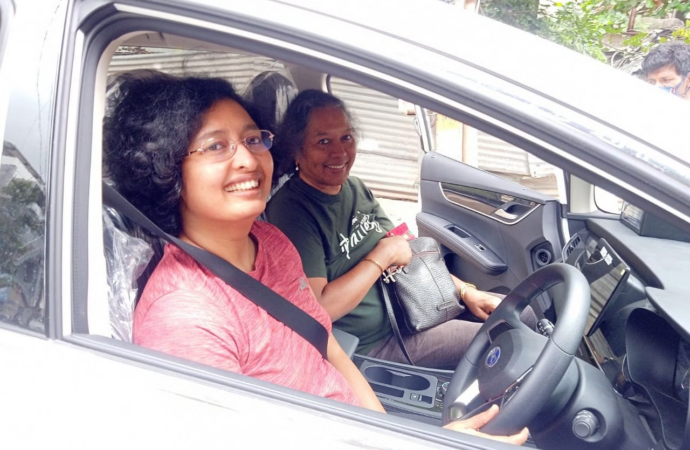



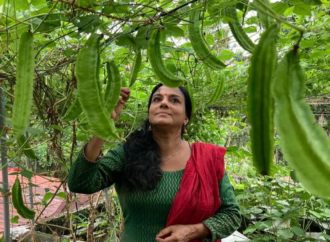

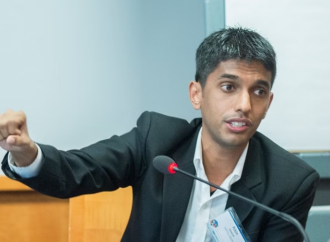
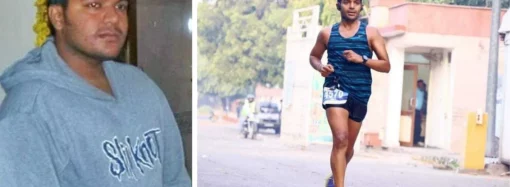













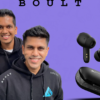

Leave a Comment
Your email address will not be published. Required fields are marked with *